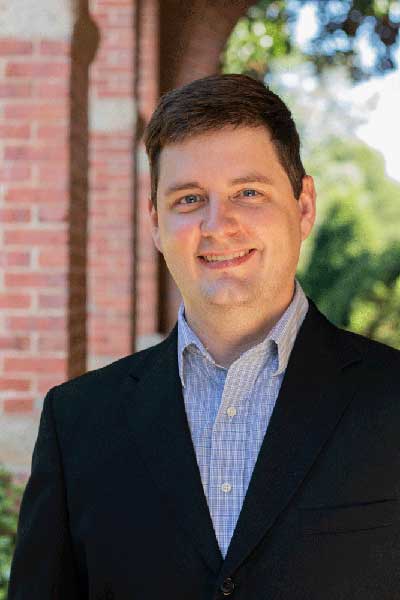Season 4, Episode 7
In this episode of Conversatio, join Dr. Daniel Kling and Dr. Hannah Kling as they explore the dynamics of state population growth and identity. Delving into research on Michigan’s population trends, they navigate the delicate balance between community expansion and preserving local character.
About the Host

Dr. Daniel Kling
Assistant Professor of Finance and Business, Belmont Abbey College
Dr. Daniel Kling is an Assistant Professor of Finance and Business at Belmont Abbey College, where he has taught courses on Finance, Financial Investments, and Introductory to Economics (Micro and Macro). His areas of research and expertise include experimental and behavioral finance and economics (running experiments to understand how people actually act in the real world) and finance education (studying the factors that determine whether or not students succeed and trying to understand what sort of interventions help). He completed his doctorate in Economics from George Mason University.

